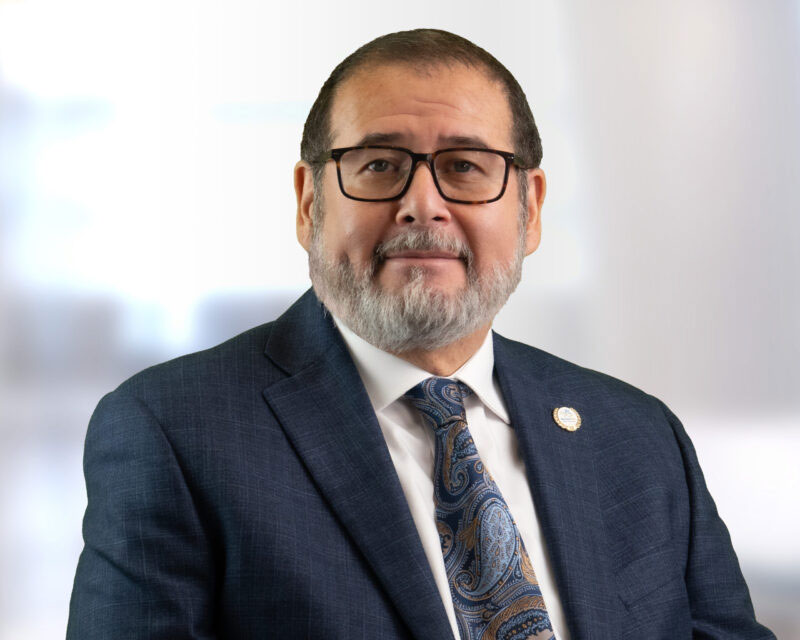The international community is increasingly focused on political economy to determine the feasibility of pro-poor policies in developing countries. Consequently, more than a dozen donor agencies have developed political economy analysis tools to identify, for example, institutional bottlenecks and barriers to collective action.
However, the impact of these tools in shifting donor priorities or influencing development policy research over the last decade remains unclear. How similar and different are these multiple political economy tools? How well are these methods mainstreamed across donor agencies and applied by researchers and practitioners working on agriculture, food security, and rural development? What are the lessons learned regarding development strategy policy processes and how can rigorous, empirical research align with political realities on the ground?



